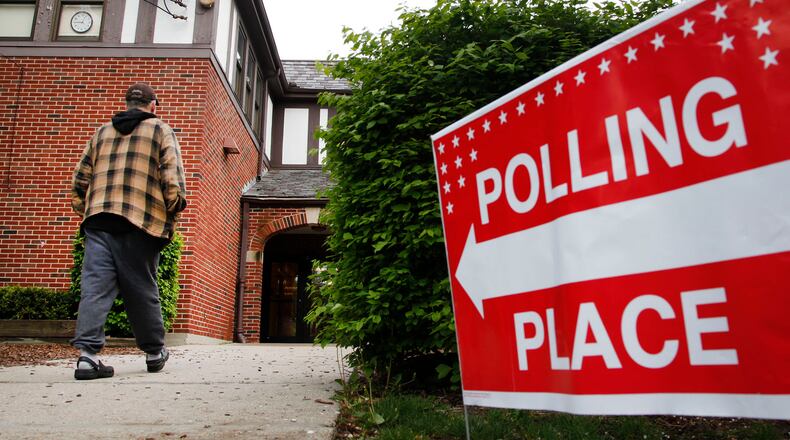The levy, which would not increase tax rates, has raised about $1 million a year while costing the owner of a $200,000 Oakwood home about $186 a year, records show.
If approved, levy money would go into the city’s general fund, covering costs such as public safety, parks and recreation, and roadway maintenance, Oakwood City Manager Norbert Klopsch said.
The significance of funding generated by the levy is magnified because the city receives only a small portion of each resident’s real estate taxes, Klopsch said.
“Only 8% of the total property taxes paid by Oakwood residents go to the city to help pay for city services,” he told the Dayton Daily News. “That 8% is critically important in terms of the city having the financial resources to provide the comprehensive public services.”
Klopsch said the levy is one of two, five-year tax issues the city uses to supplement the $14.8 million general fund approved for 2023.
“The revenue it generates allows the city to present a balanced budget, and to address large public infrastructure improvements when needed,” Klopsch said. “Losing the revenue would jeopardize the city’s ability to maintain the level of public services and to address infrastructure needs.”
Mayor Bill Duncan said the administration “has taken a long-term view of all the infrastructure needs in our community, both above ground and below ground.”
The levy first appeared on the ballot in 2013, when it was approved by about 55% of voters. Five years later, that margin grew to about 70% on a renewal vote, according to Montgomery County Board of Elections records.
The levy was first proposed after Oakwood let an existing tax issue expire in 2008, officials have said. After state cuts to the local government fund and the loss of estate tax revenue, the city found it was losing about $3 million annually, or about 20% of its budget. Klopsch said.
Oakwood accounted for about half of the amount through budget cuts and fee hikes. A stormwater utility fund was collected. Fees have been raised for trash collection and use of the Oakwood Community Center, among others, records show.
The deadline to file an issue to appear on the November ballot is Aug. 9, according to the elections board.
About the Author

